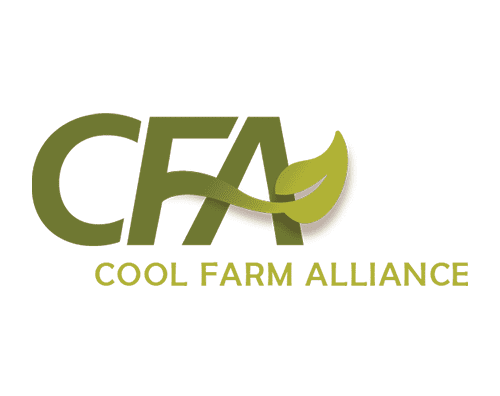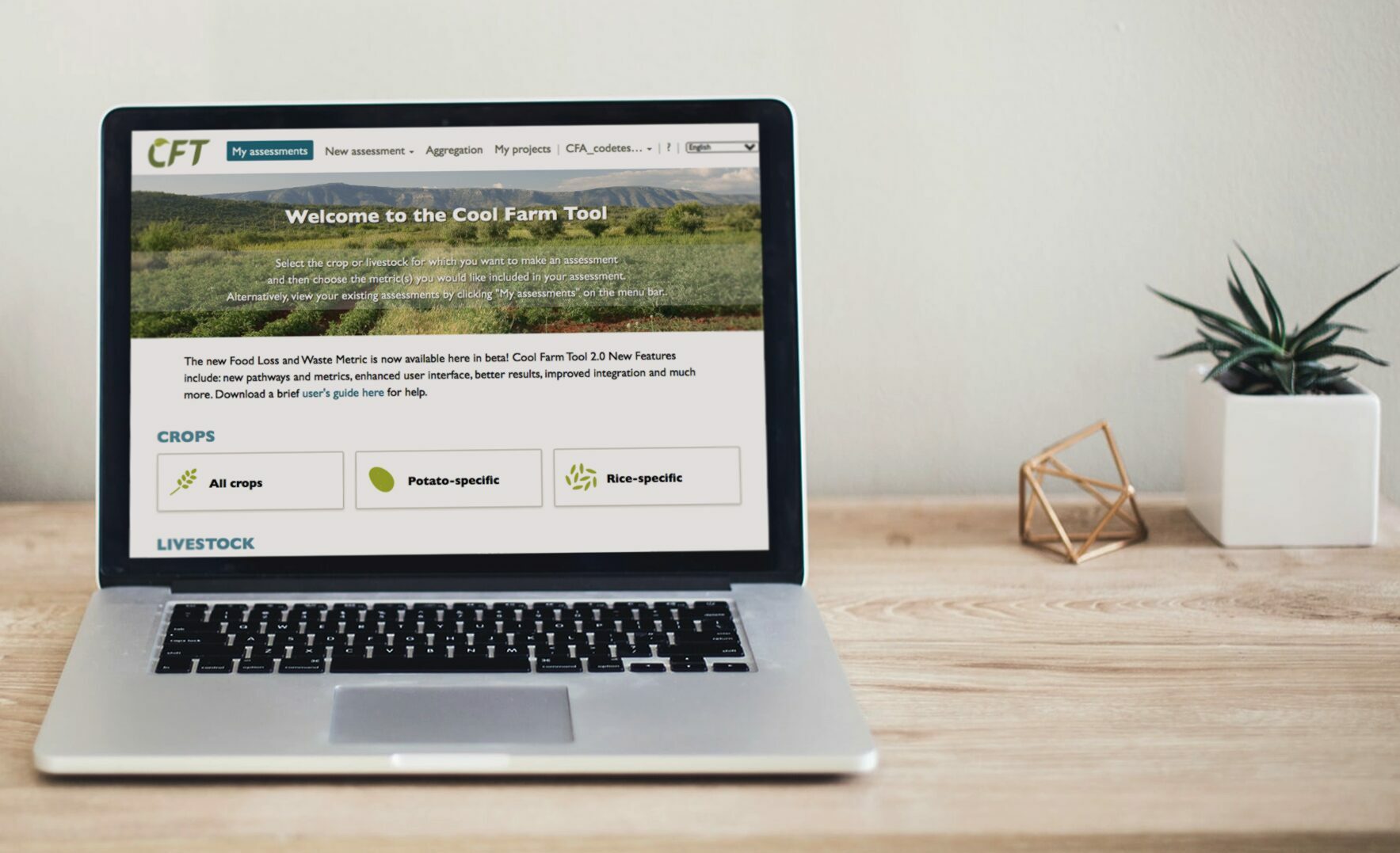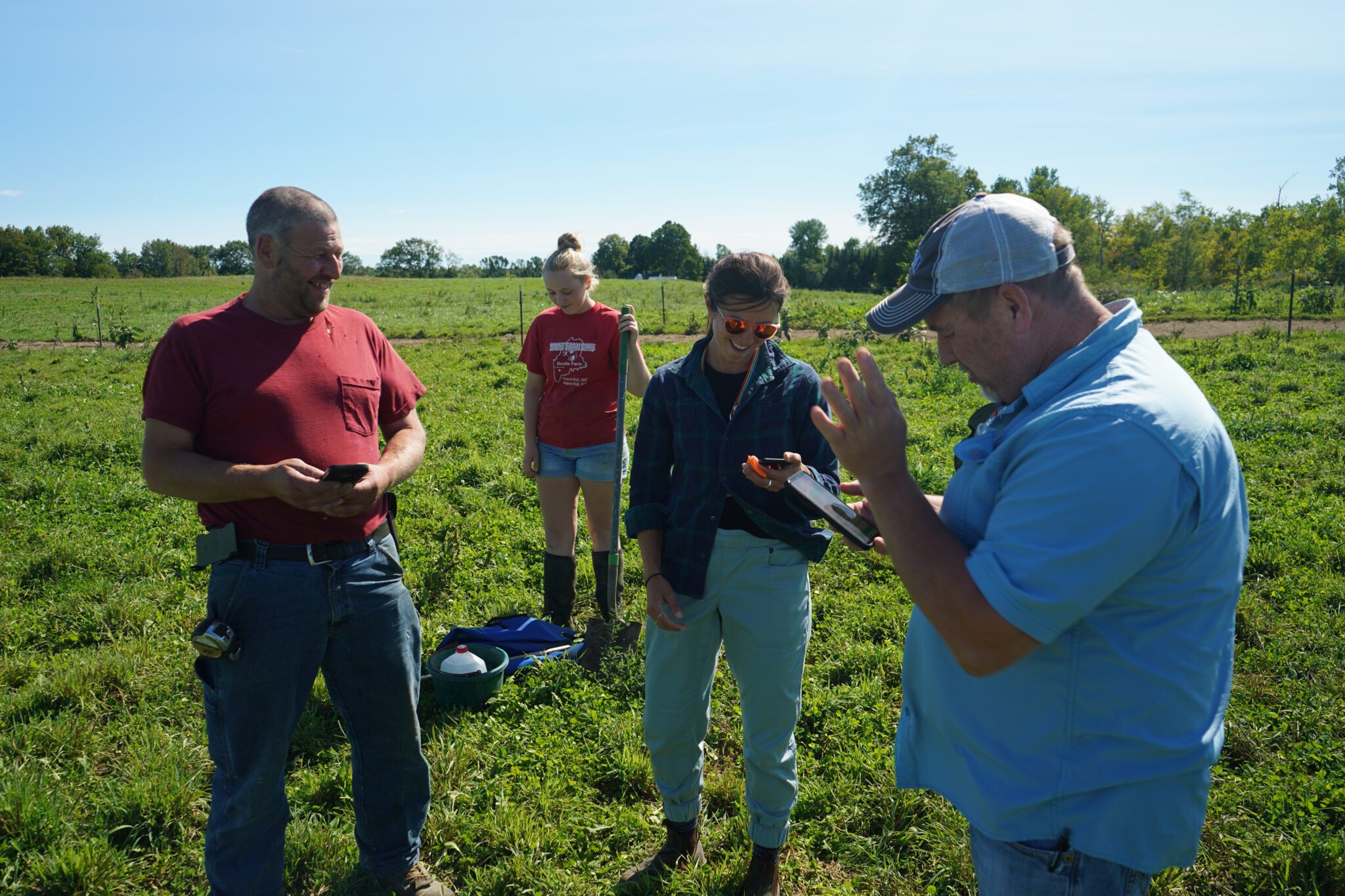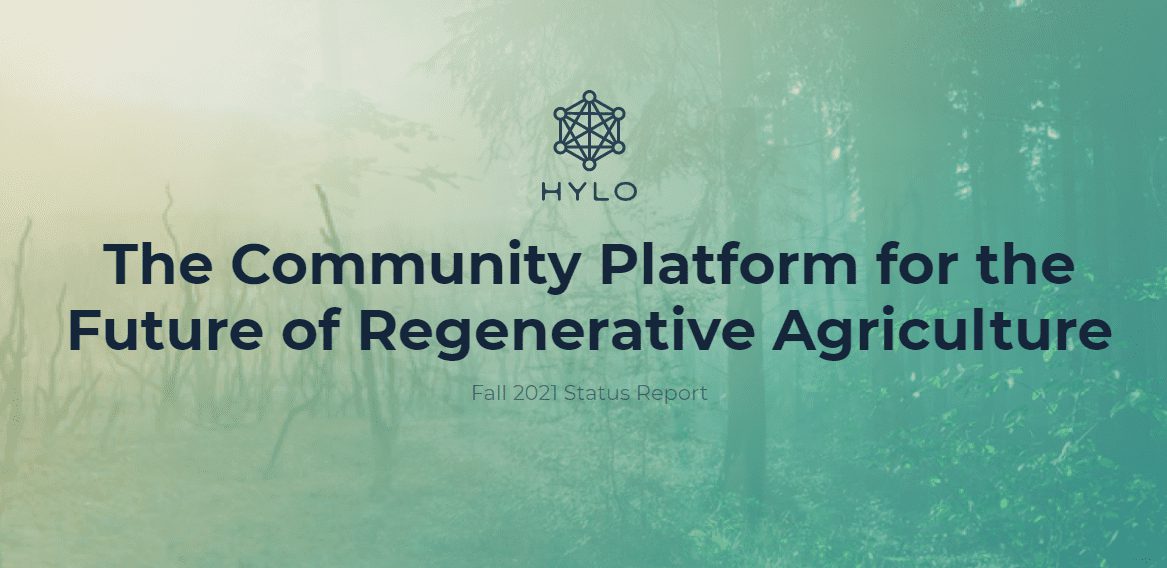
At its inception, the Cool Farm Tool was an excel spreadsheet developed to quantify greenhouse gas emissions. Today it is a tool used by farmers around the world to measure their greenhouse gas emissions, how well their farm supports biodiversity, and the quantity of water used to produce crops and support farm operations.
The Cool Farm Alliance is made up of 132 members. The Cool Farm Tool has over 22,000 registered users in 140 different countries, thus the Tool is translated into 14 languages. It is connected via an Automated Programming Interface (API) to 30 different farm management software packers and sustainability platforms used by farmers globally.
Farmers quantifying on-farm sustainability typically use the tool to gain insight into how agronomic decisions can contribute to mitigating climate change. The tool gives farmers the opportunity to estimate the effects of farming practice changes on greenhouse gas emissions, carbon sequestration, and other measures. The tool is built from empirical models and requires less data inputs by farmers compared to some other tools. Patrick Lawrence, a Cool Farm Alliance Technical Advisor says, “It is easy to use and easy to use everywhere.” Farmers from Australia to Southeast Asia are using the tool to quantify their environmental impacts and determine how to improve their operations, all while maintaining profitability.
As the Cool Farm Tool has progressed over the years, it has expanded in breadth and scope under the stewardship of the Cool Farm Alliance. Organizations that use the Tool to support sustainable agriculture become Cool Farm Alliance members and pay membership fees, facilitating further development of the Tool and keeping it free to use for farmers. This collaborative structure allows Cool Farm Alliance members to help build literacy and understanding about the relationship between agriculture and climate change mitigation across the food and agriculture industries.
Like OpenTEAM, the Cool Farm Alliance cultivates a broader network of members, consultants, and skilled professionals who are collectively developing the Tool and methodology for its measurements. How something is measured, such as soil carbon, varies as there are different methods used. For tools such as the Cool Farm Tool, implementing standardized measurement practices provide a scientifically sound approach for estimating emissions, biodiversity, or water metrics on farms. To help develop consensus on these topics, the Cool Farm Alliance has been participating in OpenTEAM’s Field Methods Working Group and in the recent Carbon Series, where organizations have been co-creating cohesive measurement protocols for soil health testing.
As the science around such protocols continually changes, the Cool Farm Alliance is similarly on a path of continuous improvement serving both those who rely on stable results from Cool Farm Tool for developing long-term emissions baselines, and those who rely on the most up-to-date science.
The Cool Farm Alliance plans to release an updated version of the Tool early next year. This will improve calculations and add helpful improvements to the user interface, says Lawrence.
Furthermore, the Cool Farm Tool has an Automated Programming Interface (API) that enables the connection with external management and data softwares to use existing data for calculating assessments at scale. To make things easier for farmers, the Cool Farm Alliance has been working alongside OpenTEAM community members farmOS and Our Sci to enable data stored on their platforms to be compatible with the CFT data requirements, streamlining the process of calculating emissions. As the platforms connect, farmers won’t have to worry about entering their data more than once. Rather, their data from applications such as farmOS and SurveyStack will auto populate the Cool Farm Tool assessment, making it even easier to measure the environmental impacts of their farms.
With OpenTEAM, collaborations like this are made possible. Cool Farm Tool and Cool Farm Alliance have learned a lot from other participants within the OpenTEAM ecosystem, joining a community of like-minded tools and skilled professionals who interact with those tools who can collaborate towards a shared goal. In 2022, they look forward to cultivating these relationships more and developing the tool further through the introduction of additional modules, making the tool even more accessible and usable to farmers from a variety of geographies, production systems, and scales.




